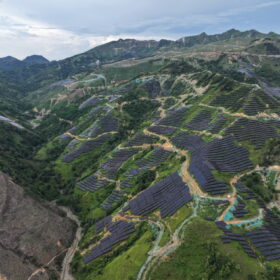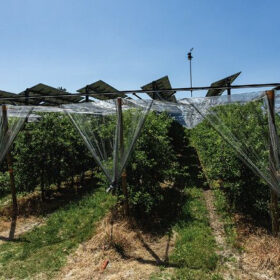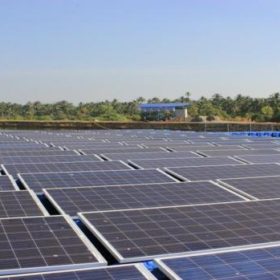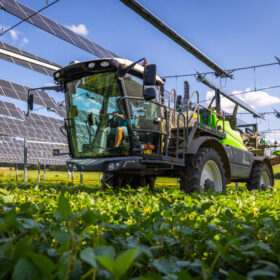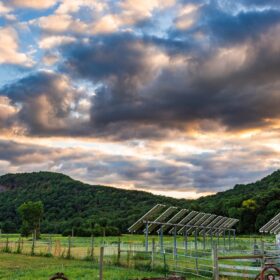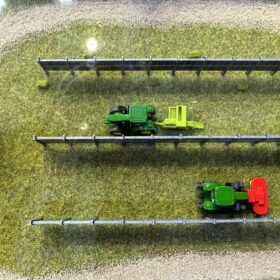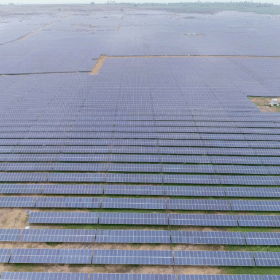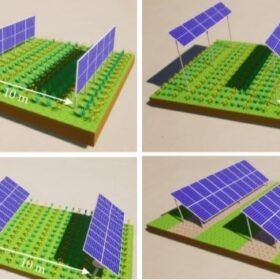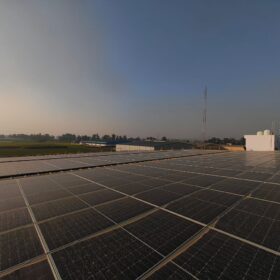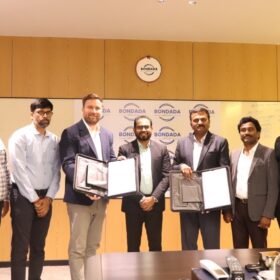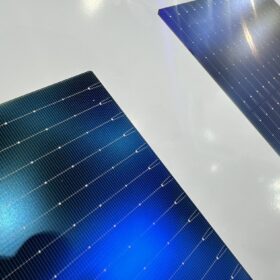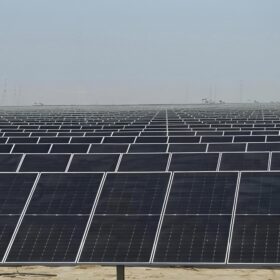The impact of land slope on agrivoltaics feasibility
Brazilian scientists have developed a slope-based framework for agrivoltaics, finding that sites below 15% gradient offer the best balance between agricultural suitability and technical feasibility. Their review of 30 studies shows that steeper terrain can host PV systems with adapted designs, land-use limits, erosion risks, and rising installation costs.
Scientists say land-preservation costs should be factored into agrivoltaics’ LCOE calculations
German researchers found that agrivoltaics costs far exceed agricultural benefits, raising doubts about subsidies and highlighting the need for more cost-competitive system designs.
Axis Energy proposes INR 31,750 crore renewable energy investment in Odisha
Axis Energy plans to develop a diversified portfolio of nearly 5 GW of clean energy capacity across wind, solar, agri-photovoltaic (agri-PV), hybrid projects, and battery energy storage systems (BESS) with an investment of INR 31,750 crore.
TPCL tenders EPC package for 50 MW solar in Sri Lanka, NGEL invites bids for 100 MW agri-PV projects in India
Trincomalee Power Co. Ltd (TPCL), a 50:50 joint venture between Sri Lanka’s Ceylon Electricity Board and India’s NTPC Ltd, has invited bids for the EPC package of a 50 MW (AC), Phase I ground-mounted solar project at Sampoor, Sri Lanka, while NTPC Green Energy Ltd. (NGEL) has floated a separate tender for an EPC package with land to develop cumulative 100 MW agri-PV projects across four Indian states.
France agrivoltaics trials show early crop and livestock gains
Data from agrivoltaic canopy trials in France, developed by energy producer TSE and the French National Research Institute for Agriculture, Food and the Environment (INRAE), indicate measurable temperature, water-balance, and yield effects that reinforce the role of managed agrivoltaics in farm-level climate adaptation.
Agrivoltaic shading, full-sun fields gives farmers the power to pivot
Research conducted at the oldest agrivoltaic research site in the United States found year-to-year weather variability impacts agrivoltaic crop production, emphasizing the importance in conducting studies across multiple years.
India needs to invest $1.5 trillion by 2030 for climate action at scale: Deloitte report
The report highlights significant investment opportunities across renewable energy (solar, wind, hydro), bio-energy, energy storage solutions, green hydrogen and its derivatives, sustainable transport infrastructure, digital systems and platforms for climate action, sustainable agriculture, and circular economy and waste management.
What standards for agrivoltaics?
The technology which combines solar PV panels and agriculture is gaining ground. IEC Standards for solar photovoltaic (PV) systems already exist, but more might be required, dealing with some of the more specific issues relating to agriculture.
New study estimates India’s solar potential at 10,830 GW
A new study by The Energy and Resources Institute (TERI) has estimated India’s total solar potential at 10,830 gigawatts (GW), significantly higher than the previous 2014 assessment of 748 GW by the Ministry of New and Renewable Energy (MNRE). The study revisits conventional solar deployment areas such as barren and unculturable lands and explores additional avenues to expand the country’s solar potential.
All agrivoltaic system designs at a glance
Researchers in Sweden and Italy analyzed the economics of one-axis, vertical, and elevated PV systems for agrivoltaic applications, finding that overhead agrivoltaic systems may perform better the further south they are installed. The discounted payback period and levelized cost of electricity were also calculated and compared.
